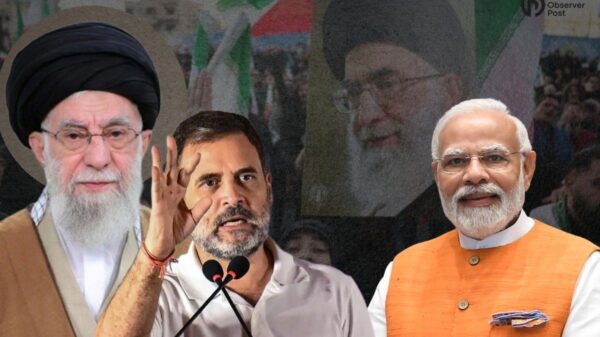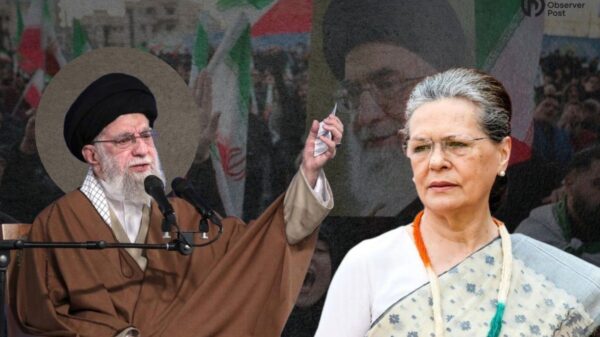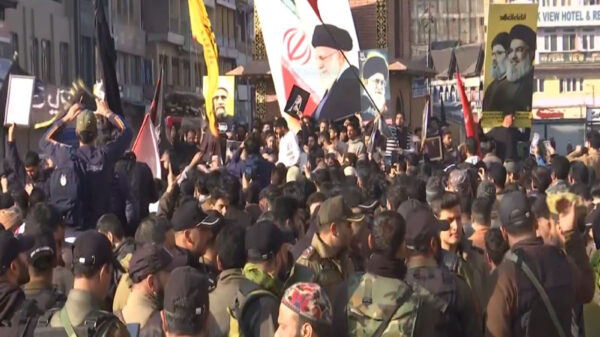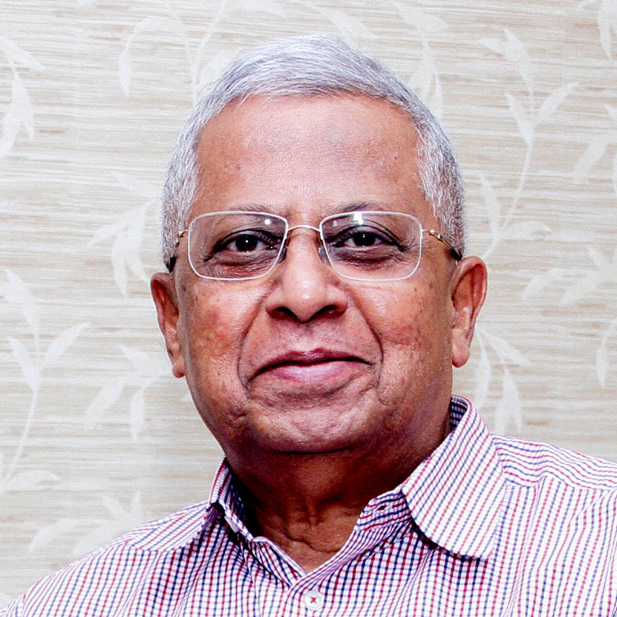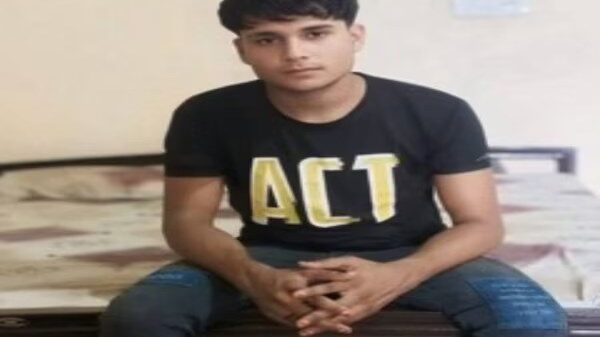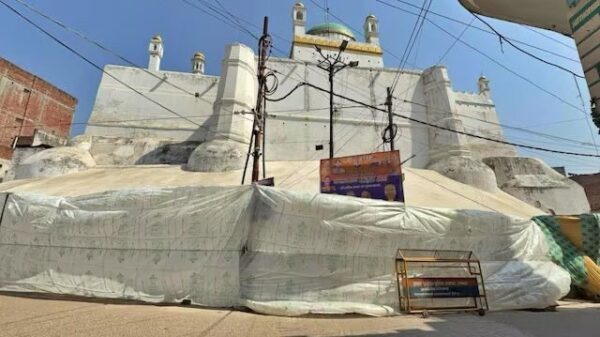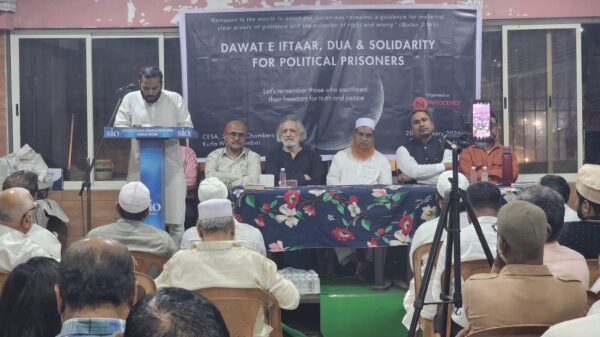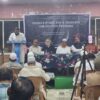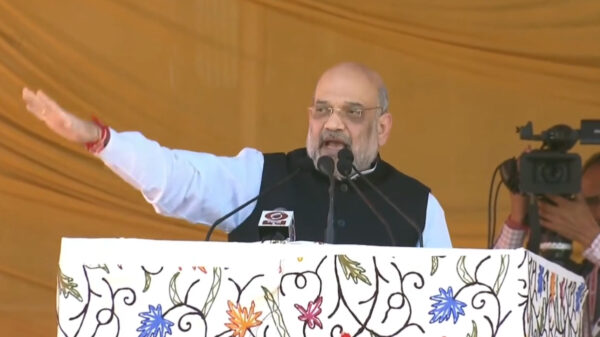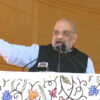BJP leader and former Meghalaya governor Tathagata Roy sparked controversy with his proposal for screening individuals seeking Indian citizenship under the Citizenship Amendment Act (CAA), in a recent social media post. Roy’s suggestion involves conducting genitalia tests on male applicants to determine their religious identity, particularly targeting Muslims.
Roy’s statement, posted on his social media handle, suggested, “Checking whether a male is circumcised or not when his religion is in doubt.” He defended his stance by stating, “Muslims are completely excluded from the CAA,” implying that this method would help identify those attempting to falsely claim citizenship.
I had suggested checking whether a male is circumcised or not when his religion is in doubt. Because Muslims are completely excluded from CAA. I stick to what I posted.
— Tathagata Roy (@tathagata2) March 18, 2024
The resulting explosion, mostly from Muslims, suggests one of two things.
Either a lot of Muslims wanted to…
“I had suggested checking whether a male is circumcised or not when his religion is in doubt. Because Muslims are completely excluded from the CAA. I stand by what I posted. The resulting backlash, mostly from Muslims, suggests one of two things: either many Muslims attempted to pass off as non-Muslims by falsifying their identities and are now afraid their deceit might be exposed,” he said.
“Or, most of those who expressed anger have never undergone a medical examination in which a check on one’s private parts by a male doctor is common. This further suggests that they haven’t completed their Higher Secondary education. Finally, every non-Muslim who declares that they have fled Islamic persecution in Bangladesh must be presumed to be a citizen of India unless proven otherwise,” he added.
This proposal drew immediate criticism from various quarters, with opposition parties condemning Roy’s remarks. The Trinamool Congress labelled his comments as “tasteless and indecent,” accusing him of fueling religious divisions for political gain.
In response to the backlash, Roy doubled down on his suggestion, alleging that the criticism mainly came from Muslims who fear exposure of their alleged attempts to falsify their identities. However, concerns have been raised about the feasibility and fairness of such a screening process.
Critics pointed out that circumcision is not exclusive to Muslims, as many non-Muslims undergo the procedure for various medical reasons. This raises questions about the reliability of using circumcision as a marker for religious identity.
Moreover, historical instances, such as during the 2002 Gujarat riots, have highlighted the potential for abuse and discrimination associated with forced genital examinations, particularly targeting Muslim communities.






